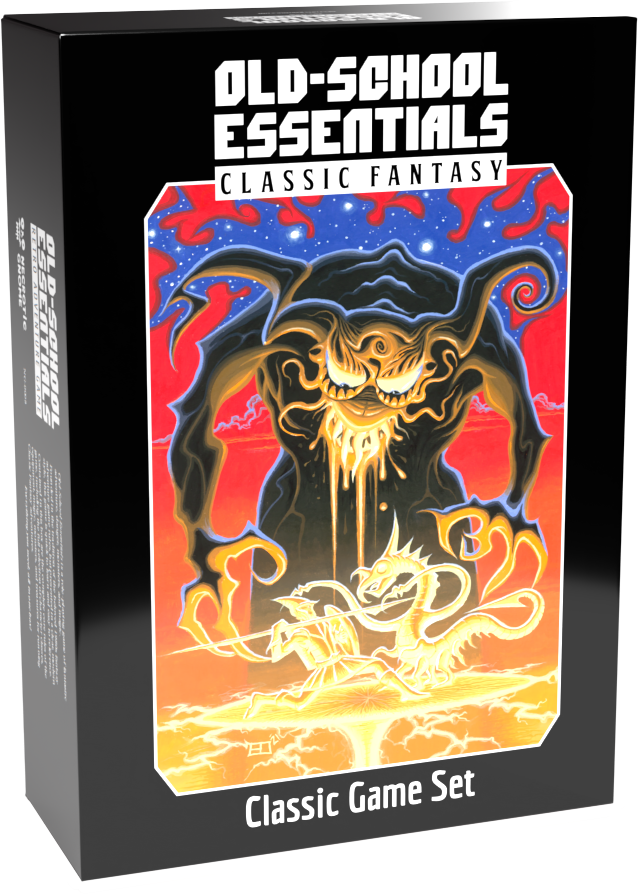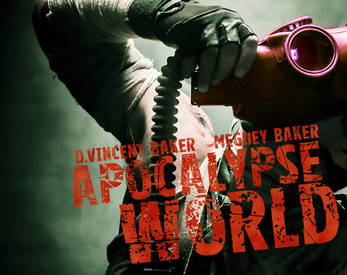
What do players think?
Hasan describes the experience as a great adventure, noting its simplicity and elegance. He emphasizes that it effectively captures a claustrophobic atmosphere, enhancing the overall immersion.
Lost Echoes is a tabletop roleplaying game, primarily designed for solo play, that immerses players in dark and mysterious environments. The game, often card-based, emphasizes resource management, strategic decision-making, and narrative unraveling. It caters to players who enjoy introspection, horror themes, and character-driven stories. The game distinguishes itself through its accessible mechanics and focus on atmospheric storytelling, making it appealing to both seasoned roleplayers and newcomers. It's been developed by designers that focus on solo play, journaling, and compelling narrative.
Lost Echoes excels in creating atmospheric and immersive settings. The game commonly places characters in desolate locations like an abandoned spaceship, or a haunted magic academy. The themes often revolve around mystery, survival, and the psychological impact of isolation or dealing with dark forces. The setting is designed to evoke feelings of dread and suspense, with the player often uncovering secrets and dealing with the consequences of past events. Settings also include the ocean's depths.
Lost Echoes often employs card-based mechanics to drive the narrative and gameplay. The player draws cards that present challenges, prompts, or events that shape the story. Resource management is a key element, as the player must carefully allocate their resources to overcome obstacles and survive. The rules are typically lightweight and easy to learn, prioritizing narrative and character development over complex combat systems. The game can involve elements of journalling prompts.
Lost Echoes stands out due to its focus on solo play and its emphasis on creating a deeply personal and immersive experience. Unlike many traditional TTRPGs that require a group of players, Lost Echoes allows a single player to take on the role of a protagonist and explore a rich and detailed world. The game's mechanics are designed to encourage introspection and character development, with the player's choices and actions having a direct impact on the story's outcome. The use of cards, prompts and journaling make each game unique.
The target audience for Lost Echoes includes players who enjoy solo gaming, horror themes, and narrative-driven experiences. The game is also well-suited for players who are new to TTRPGs, as the rules are easy to learn and the focus is on storytelling rather than complex mechanics. The player experience is one of immersion, suspense, and discovery, with the player taking on the role of a protagonist who must overcome challenges and unravel mysteries. The focus on solo play allows for a personalized gaming experience, where the player can fully immerse themselves in the world and explore their character's motivations and emotions.

Hasan describes the experience as a great adventure, noting its simplicity and elegance. He emphasizes that it effectively captures a claustrophobic atmosphere, enhancing the overall immersion.
Compare Lost Echoes with other great ttrpg games.

Old-School Essentials and Lost Echoes both tap into the Old-School Renaissance ethos, celebrating exploration-driven gameplay and tactical combat, yet they differ significantly in their execution. While Old-School Essentials maintains a high-fantasy, sandbox approach that focuses on strict resource management and player skill, Lost Echoes introduces a more narrative-driven experience with streamlined mechanics, allowing for quicker decision-making and facilitating storytelling. For instance, Old-School Essentials might place players in a dungeon where resource tracking and tactical engagement are paramount, while Lost Echoes could emphasize player choices and their impact on the story, reducing the focus on resource management.

Apocalypse World and Lost Echoes both emphasize narrative-driven gameplay and collaborative worldbuilding but cater to different thematic preferences, with Apocalypse World immersing players in a bleak, post-apocalyptic setting, while Lost Echoes offers a more whimsical or fantastical narrative. For instance, while Apocalypse World utilizes the Powered by the Apocalypse (PbtA) system to guide players through dark, gritty survival scenarios, Lost Echoes might focus on exploring mysterious, echoing realms using unique mechanics that emphasize discovery and mystery.
Monster of the Week and Lost Echoes both delve into supernatural and horror elements, inviting players to explore dark narratives and investigations; however, while Monster of the Week employs a narrative-driven, team-based approach typical of Powered by the Apocalypse (PbtA) games emphasizing collaborative storytelling and improvisation, Lost Echoes often embraces a more structured, traditional RPG framework that emphasizes individual character progression and tactical encounters. For example, character creation in Monster of the Week focuses on archetypes that define roles within a team dynamic, whereas Lost Echoes might lean towards detailed character customization and a combat-heavy rule system.
You've been added to the newsletter.
We will review your submission shortly, thanks for contributing!